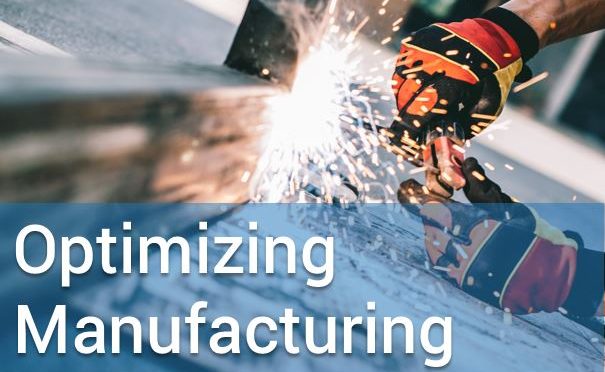Can Analytics Transform the Auto Industry?
Blog: Enterprise Decision Management Blog

Analytics — including machine learning and manufacturing optimization —is taking off in the auto industry, and has the potential to go much further. That was my main message in an interview I gave recently to reporter Megan Lampinen of Automotive World in the UK.
As I noted there, analytics plays a part in many parts of the automotive industry lifecycle, all the way from ordering the components through to the insurance of the vehicles that ultimately come off the production line. The industry is rich in data, but that richness doesn’t become actual wealth unless you apply analytics and turn it into better decisions.
When manufacturers complain about having too much data available, it means they haven’t learned to monetize it yet. When you can turn something into money, there’s no such thing as too much!
Companies need to make sure they are minimising waste and costs. They may need to figure out how to make the greatest number of engines based on the certain constraints. The industry is starting to apply mathematical problems to those types of challenges. We’re seeing this on the production side, the supply side, and the credit risk side.
What Role Does Machine Learning Play?
I’m often asked about how we’ll apply AI and machine learning to problems in auto manufacturing and other domains. The answer is – the same way we use any other kind of analytics. We start with the problem and the goal and then use the analytics to find answers, and then embed the answers in the production processes. We’re not a BI company — we believe you need to take the value right down to the individual decisions you make every single day.
However, I do believe machine learning will change the production process, because it enables you to interrogate tremendous amounts of data very quickly. We can automate more of the pattern discovery process, and even the model development process. But I don’t think machine learning will replace human data scientists.
Recalls and Safety
When you talk about analytics and auto manufacturing optimization, many people think about supply chain optimization and production efficiency. But the smart use of analytics and optimisation goes well beyond that.
Take recalls. We can already predict the likelihood of a fault in a machine during the manufacturing process. We can now also predict failures of cars that have rolled off the production line. And we can use analytics to track problems back to causes faster.
Catching Up
As the article notes, “The automotive industry has been relatively slow to scale up IoT projects, compared to other industries. A recent report by Capgemini found that just 17% of automotive companies have deployed one or more IoT pilots at full scale. In comparison, 62% of companies within the industrial manufacturing sector have done so.”
Now, manufacturers are really moving quickly to catch up. They are starting to rely on data to make better decisions in manufacturing optimization and beyond, and we’re working with them on that. Predictive and prescriptive analytics will infiltrate every aspect of auto manufacturing and usage. I’m betting on it.
You can read the full article on the Automotive World site, though it is password protected: https://www.automotiveworld.com/analysis/auto-industry-slowly-waking-value-data-analytics/
The post Can Analytics Transform the Auto Industry? appeared first on FICO.
Leave a Comment
You must be logged in to post a comment.







